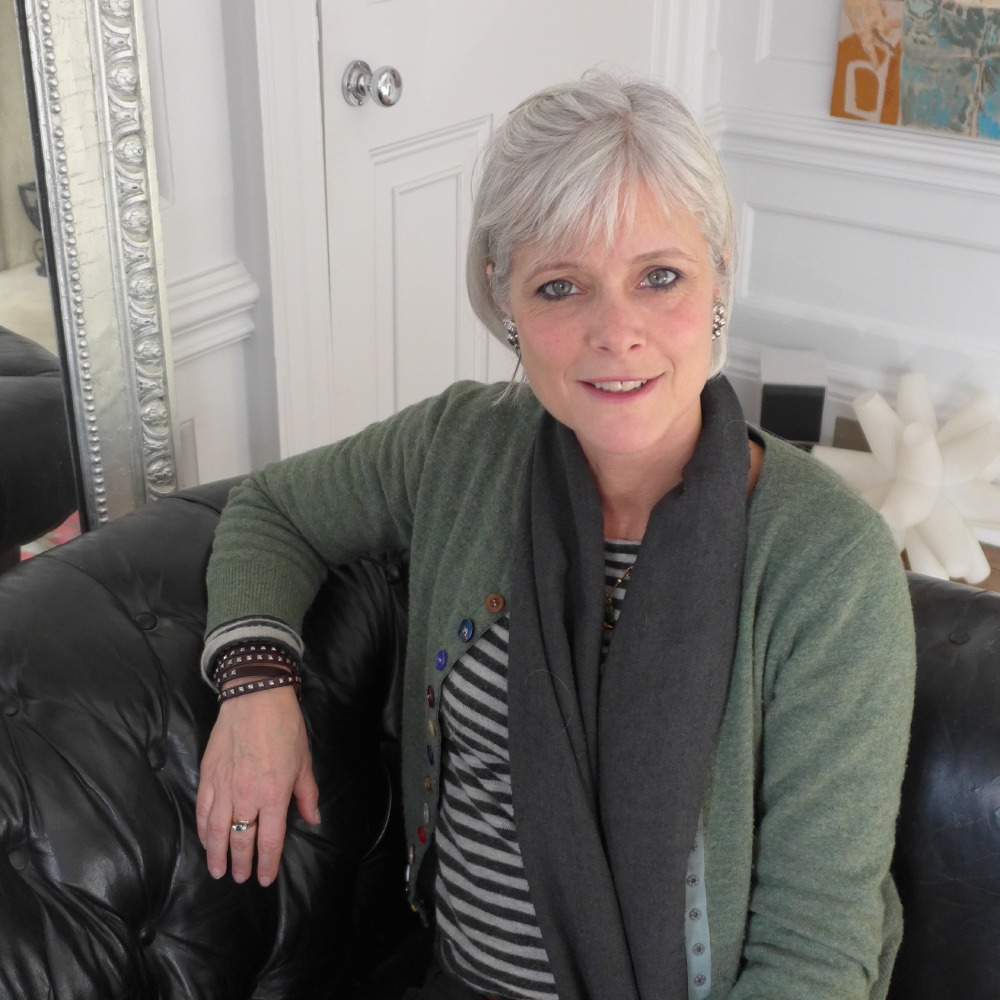
Kate Anthony

‘Beautiful Day?’ is the story of two people coming together, Philip and Rachel. On the face of it, you wouldn’t think that either had much to offer to the other in the way of support or hope, and yet they turn out to be each other’s saviour.
Please tell us a bit about the characters of Rachel and Philip.
Rachel is a hassled mother of three whose husband is living the life of Riley around the corner with his new, young partner. She’s left trying to pick up the pieces, pay the overdraft, keep the children happy and her own head above water. To make ends meet Rachel has been forced to take a job at Clifton Avenue, a residential care home for people with learning disabilities.
Philip is a resident at Clifton Avenue who Rachel takes care of. Until recently he lived with his beloved mother but she has died leaving him completely alone. She had never told the authorities about him and so Philip lived his life watching daytime television and having singsongs with her. He has never had any interaction with other people, he has never been to the cinema or to the supermarket and is terrified by what his new life might bring.
You have worked in many different jobs; in residential social work, with young offenders and at the BBC, so what brought you to fiction?
I’ve always, always wanted to write but never had the gumption to do it. I worked as a television producer initially in comedy and then in drama and so have always worked with writers and been very involved in the writing process. I moved from London to Sussex a couple of years ago and I knew that the commute and demands of the family would make freelance television work a challenge. So, it was a case of now or never!
How does it feel to have such praise from the likes of Hilary Boyd for your work?
It feels fabulous. I was a huge fan of ‘Thursdays in the Park’ as were my mother and my sister. So when Penguin sent through the quote she had written about ‘Beautiful Day’ we were all doing cartwheels around the kitchen.
This is your debut novel so was it anything like you imagined to write the book?
Well, writing the first draft was probably exactly as I imagined, as I had to fit it in around everything else that was going on in my life. However, once Penguin had accepted it, everything felt very different; tremendously exciting but also absolutely bloody terrifying.
I can remember exactly the day that I sat down to address the notes my editor at Penguin, Celine Kelly, had given me. I had gone to the library to work and for the first time I realised that this was now a job and that people were actually going to be reading about Rachel and Philip and that it wasn’t just for fun anymore. I wanted to laugh, cry and have a very stiff drink at half past nine in the morning.
Why are libraries so important to you?
I write in the Jubilee Library in Brighton and anybody who thinks that the job of a library can be taken over by the internet, needs to spend just half a day observing what goes on there. When you see how many people every day use it to access books that they might otherwise never get to read, you realise what a vital resource it is. When I was a child the highpoint of the week was going to the library to withdraw a book and nothing has changed.
I sit alongside students who have found somewhere warm and quiet to study, pensioners attending computer courses, young mothers with toddlers for the under 5’s reading groups, old fellows wanting to have a good look through the daily papers, artists setting up a new installation, community workers running schemes for jobless teenagers – it’s fabulous. I always think when I walk through the door, that if you want to renew your faith in human nature, the Jubilee Library, Brighton is the place to do it.
How much of your background helped you to have a better understanding of your characters?
I’m a mother so spend a vast proportion of my time standing at the school gates, loading and unloading the dishwasher and berating my children for not tidying their rooms, for losing vital bits of school kit and for not helping me to load and unload the dishwasher. Therefore, it seemed the most natural thing to do to put a mother at the centre of the story.
I have a brother with Downs Syndrome and so know the world of learning disabilities well. In my teens I took Saturday jobs in various care homes and special schools and so when I entered the world of work full time it seemed like the obvious place to start. When I sat down to write a book my memories of the people I had met and the places I had seen during this phase in my life came to the fore.
What is next for you?
I wrote ‘The End’ of book number two just last week. It is called ‘Eggshells’ and is about a woman who thinks that life really doesn’t have any more surprises in store for her, until she gets involved with a scheme promoted by the Women’s Institute to write to young offenders.
Now I am out of the starting blocks in terms of writing, I intend to keep tapping away until either someone chops my arms off or I shoot myself after a terrible review.

